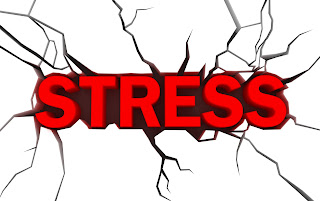Top 10 Health Tips for Christmas

1. Plan Christmas activities ahead of time to avoid tension and stress. 2. Watch out for changes in temperature. Children and the elderly may become susceptible to cough, colds, and fever. 3. Prepare well-balanced Noche Buena and Media Noche meals. Make sure that vegetables and fruits are on the table together with the traditional ham and queso de bola. 4. Eat a heart-healthy diet. 5. Drink plenty of fluids. 6. Get enough sleep. 7. Avoid crowded areas where bacterial diseases multiply and spread easily. 8. Use environment- friendly Christmas decorations that are not fire hazards. 9. Buy toys with no pointed or sharp edges. Do not give small children toys that can cause choking. 10. Do not use fireworks and firecackers during the holidays or use them responsibly.








